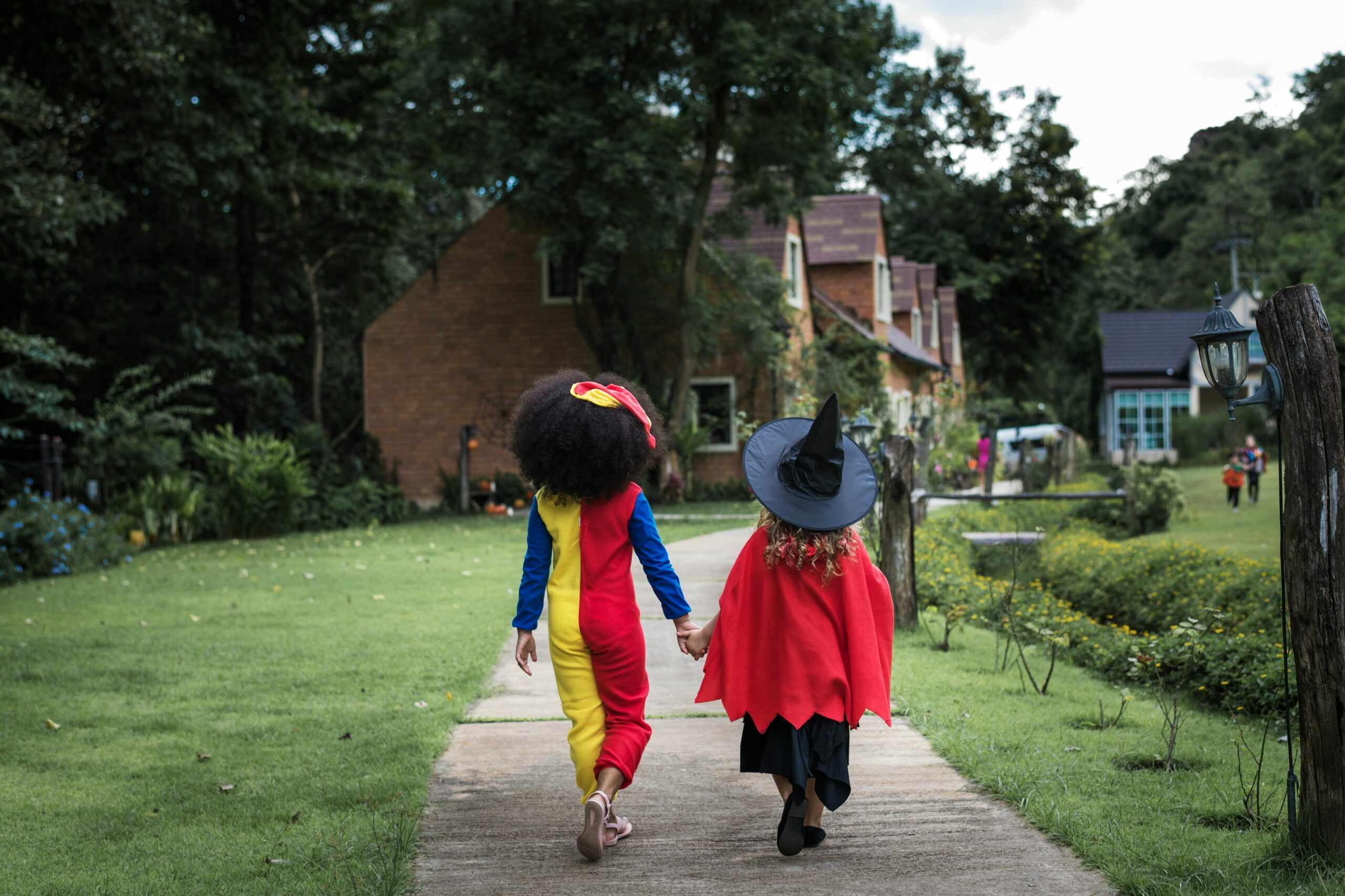
Living in multiple countries before the age of 20 presents unique challenges and opportunities. It demands adaptability, resilience, and openness to new experiences. This journey shapes how young people understand the world, develop their identity, and build skills that will last a lifetime. Experiencing different cultures at a young age broadens perspectives and builds a foundation for personal and professional growth.
Moving between countries is rarely easy. Each transition involves leaving behind familiar surroundings, friends, and routines. At the same time, it offers the chance to embrace new ways of living and thinking. For those who live in three countries before turning 20, the experience becomes a powerful story of growth through change and discovery.
Learning to Adapt Quickly in New Environments
Adapting to a new country often requires a rapid adjustment to unfamiliar customs, languages, and social norms. This process can be overwhelming, especially for young people still forming their sense of self. However, it also teaches valuable lessons about flexibility and openness. Every new environment requires learning how to communicate effectively, understand cultural expectations, and adapt to daily life in a new way.
For example, the way people greet each other, the food they eat, and the way schools operate can vary greatly. Rather than resisting these differences, young individuals often learn to embrace them. This ability to adjust quickly not only helps them settle into new surroundings but also fosters the development of problem-solving skills and emotional intelligence. These qualities are essential in today’s interconnected world and provide a strong base for future challenges.
Building Resilience Through Cultural Shifts
Frequent moves expose young people to uncertainty and change, which can be a source of stress. However, they also build resilience. Each new culture presents its own unique set of challenges, ranging from language barriers to differing educational systems. Over time, navigating these challenges strengthens one’s ability to cope with adversity.
Moreover, resilience grows not just from overcoming difficulties but also from the experience of thriving in diverse settings. Young people who live in multiple countries often discover that they can succeed regardless of their location. This confidence empowers them to face future obstacles with courage. They become comfortable stepping out of their comfort zones and embracing the unknown.
Expanding Worldviews Through Cultural Immersion
Living in various countries exposes young people to multiple worldviews. They witness firsthand how culture shapes values, traditions, and ways of thinking. This exposure fosters empathy and understanding for individuals who are different from themselves. It challenges assumptions and broadens perspectives.
Through cultural immersion, individuals begin to appreciate diversity as a strength. They learn that there are many ways to approach life and solve problems. This awareness fosters open-mindedness and tolerance. Such qualities are vital in both personal relationships and global citizenship. As they grow, these young individuals carry with them a rich tapestry of cultural knowledge that enriches their lives.
Developing Language Skills and Communication
One of the most practical benefits of living in multiple countries is the opportunity to learn new languages. Mastering more than one language enhances communication skills and cognitive abilities. It also fosters more profound connections with people from diverse backgrounds.
Language is more than just words; it reflects culture and identity. By learning to speak another language, young people gain insight into the mindset of others. This skill opens doors to new friendships, educational opportunities, and careers. Furthermore, bilingual or multilingual individuals often exhibit greater mental flexibility, which enhances their ability to think creatively and solve complex problems.
Creating a Sense of Belonging Across Borders
Living in three countries before 20 can sometimes create a feeling of being “in-between” cultures. It may lead to questions about where one truly belongs. However, this experience also offers a unique chance to create a blended identity that incorporates elements from each place.
Rather than feeling torn between different worlds, many young people learn to see themselves as global citizens. They develop a sense of belonging that transcends national boundaries. This global identity fosters adaptability and cultural sensitivity, both of which are valuable in an increasingly interconnected world. It also encourages lifelong curiosity and a desire to explore new places and ideas.
Leveraging Early Experiences for Future Success
The skills gained from living in multiple countries are highly valuable in adulthood. Employers are increasingly seeking individuals who can navigate diverse environments and work effectively with people from diverse cultural backgrounds. Having firsthand experience with cultural adaptation gives young people a competitive edge in the global job market.
Moreover, early exposure to different education systems and ways of thinking can inspire innovative approaches to problem-solving. Young people who have adapted and thrived in multiple countries often develop strong leadership skills and a proactive mindset. They are comfortable managing change and uncertainty, qualities that benefit them in any career path.
Embracing Change as a Path to Growth
Living in three countries before the age of 20 teaches a vital lesson: change is an opportunity for growth. Each move brings new experiences that challenge and shape individuals in unexpected ways. Instead of fearing change, these young people learn to welcome it.
This mindset encourages continuous learning and self-improvement. It allows young individuals to build a life rich in experiences and insights. As they move forward, they carry with them the confidence to face whatever challenges come next. Their story is one of adaptation, resilience, and thriving across cultures — a story that will continue to unfold throughout their lives.